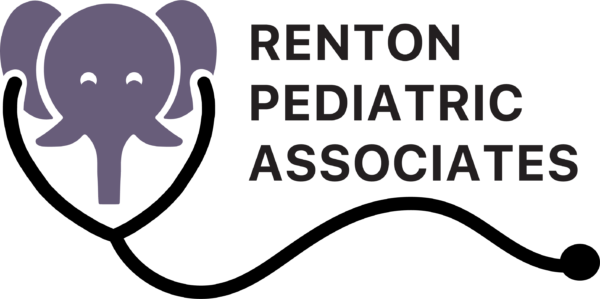COVID-19 Update
FOCUS on SAFETY:
Keeping patients, staff and providers safe is our number one priority. Currently, we are seeing all patients for well child care visits and encouraging families to keep up with their children’s scheduled immunizations. When you come into the clinic to see your provider we want to reassure you that we here at Renton Pediatric Associates have a comprehensive safety plan in place that includes:
*Screening all our patients over the phone and when they first enter the clinic for COVID-19 symptoms
*Requiring masks for all patients over the age of 2 years as well as all of our staff and providers
*Rigorous cleaning protocols and surface disinfecting
*Adaptation of our spaces to allow physical distancing
*The use of personal protective equipment by our staff during your visit
*The maintenance of different times for our well child visits and sick office visit
ABOUT your VISIT:
With the recent resurgence of COVID in our community, please keep in mind our guidelines to keep you safe when visiting our office
*All parents and patients over two years of age must wear a mask for the entire visit
*Please bring only the patient who has the scheduled appointment and one parent to the office
*Please call our office to reschedule if you or anyone in your household within the past 14 days has had exposure to someone with a positive COVID19 case, has symptoms consistent with COVID 19, or has traveled outside of WA state
*Please utilize the handwashing stations in our office
*Please allow a few extra minutes before your appointment time for our screening process
TO FIND MORE INFO ABOUT TESTING FOR COVID19, COVID19 SYMPTOMS and QUARANTINE RECOMMENDATIONS PLEASE LOOK AT THE FOLLOWING RESOURCES LISTED BELOW
